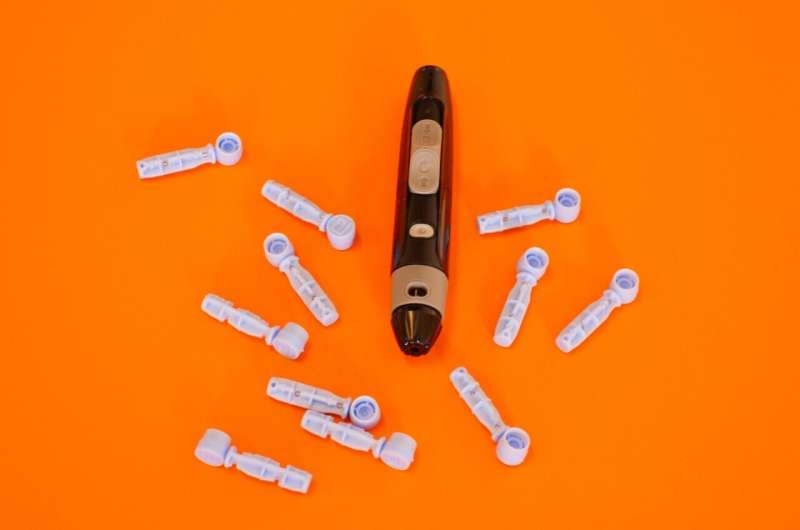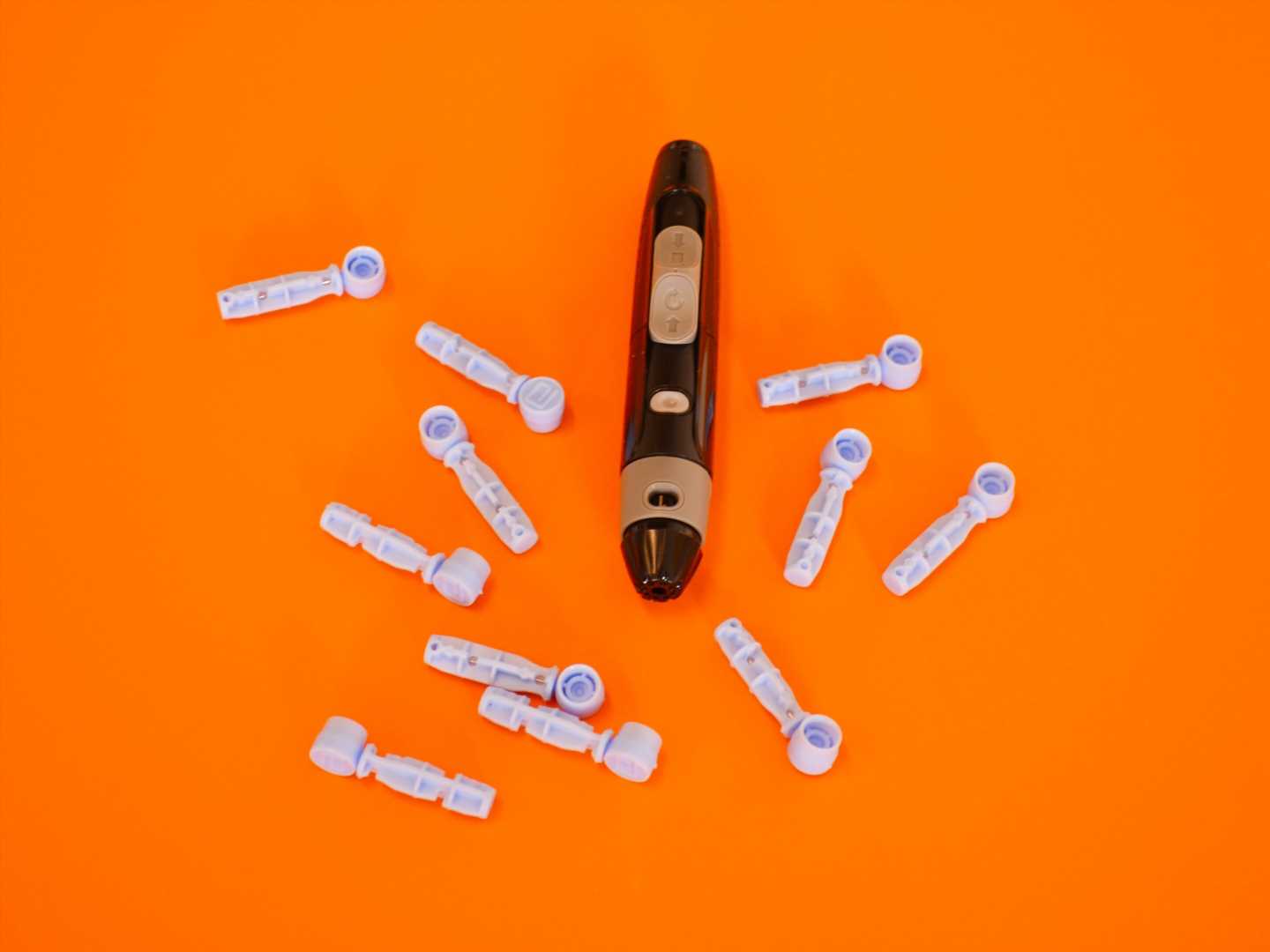
A small team of researchers with members from Case Western Reserve University School of Medicine and the MetroHealth System has found a link between children who contract COVID-19 and an increased risk of developing type 1 diabetes. In their paper published in the journal JAMA Network Open, the group describes their analysis of health records of children and adolescents during the pandemic.
Type 1 diabetes is a rare autoimmune disease—for unknown reasons, the body’s immune system attacks and destroys the cells in the pancreas that produce insulin. According to the CDC, for any given year, approximately 187,000 children and adolescents are living with T1D. It begins mostly in children and is not reversible. Those with T1D must manage their disease for the rest of their lives. In this new effort, the researchers have found evidence that some children and adolescents may be more susceptible to developing T1D after being infected with the SARS-CoV-2 virus.
The work involved analyzing electronic health records of approximately 1.1 million children and adolescents who had contracted COVID-19 during the period March 2020 to December 2021. Filtering the data pared the sample size down to 571,256 patients. Subsequent analysis consisted of comparing the children who had been diagnosed with COVID-19 with children who had contracted other types of lung infections regarding the development of T1D. The researchers also split their data into two, one half for those younger than age 9, and the other for those 10 to 18 years old.
The researchers found that within six months of a COVID-19 infection, 123 patients had been diagnosed with T1D, compared with just 72 patients who had been infected with a different lung ailment.
Source: Read Full Article
